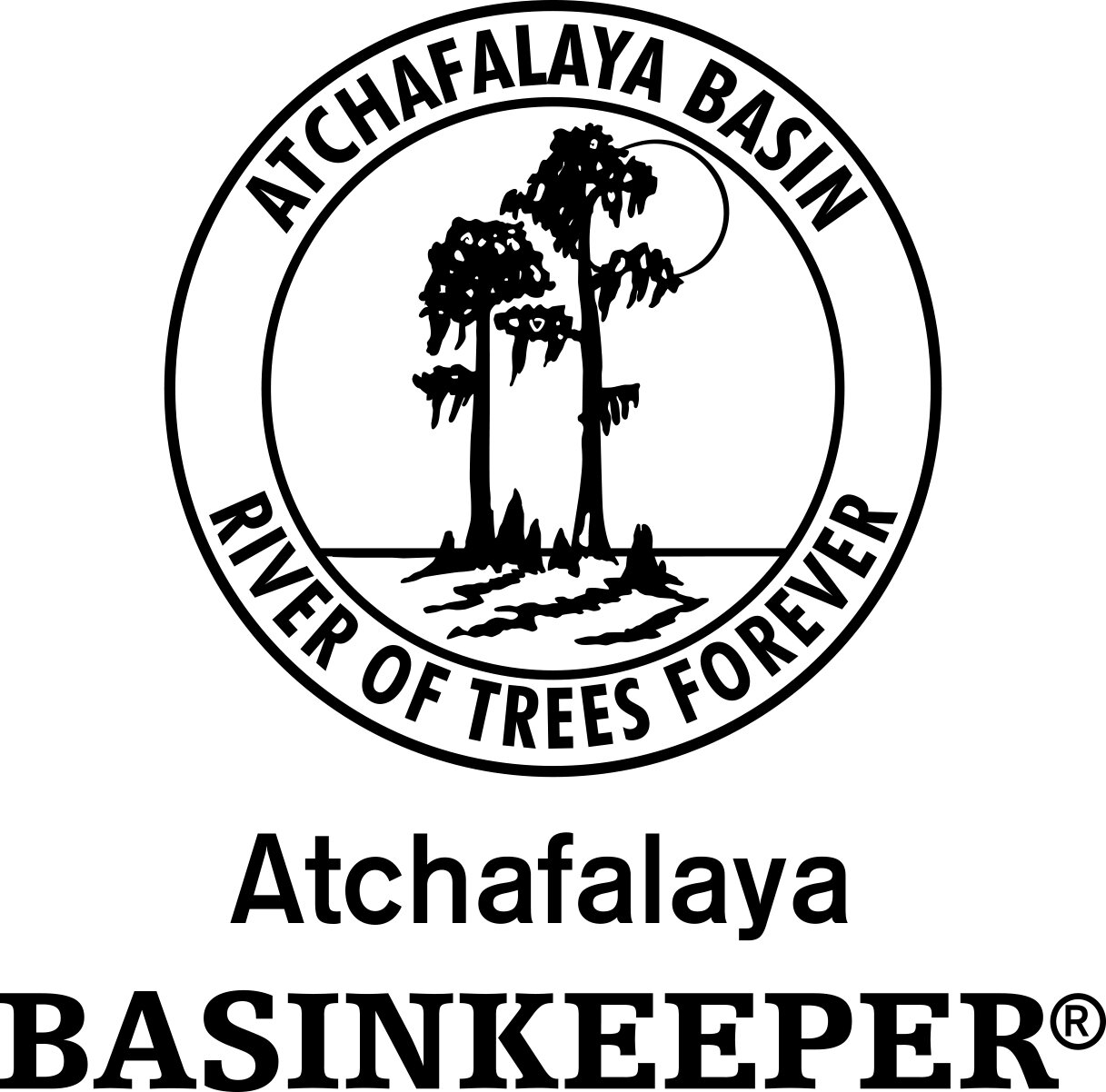Atchafalaya Basinkeeper and Louisiana Crawfish Producers Association - West file lawsuit against the Atchafalaya Basin Program for Violating the Louisiana Constitution by Knowingly Filling Wetlands and Open-Water Areas that Keep Southcentral Louisiana Safe from Catastrophic Flooding
UPDATE: On January 30th, to ensure the court can grant the relief we have requested, we filed an amended petition to substitute the Coastal Protection and Restoration Authority as the defendant in our suit challenging the State’s management of the Atchafalaya Basin.
On November 21st, 2025, local groups Atchafalaya Basinkeeper and Louisiana Crawfish Producers Association – West filed a lawsuit against the Atchafalaya Basin Program, alleging years of willful mismanagement of the Basin’s flood capacity and violations of the Louisiana’s constitutional obligation to protect the natural resources of the state for the health and welfare of the people. The lawsuit specifically seeks to prevent the Program’s East Grand Lake project from moving forward, as well as requesting the court to require certain meetings related to CPRA’s Atchafalaya Master Plan be opened to the public.
Avery Theriot, President of LCPA – West, said “the voices of the crawfishermen and local communities have been consistently ignored.” “We are in the Basin monitoring what is happening, and the decision to continually ignore our interests as stakeholders is a threat to the future of the state of Louisiana, our way of life and our culture” said Theriot.
Article IX, Section 1 of the Louisiana Constitution specifically reads:
The natural resources of the state, including air and water, and the healthful, scenic, historic, and esthetic quality of the environment shall be protected, conserved, and replenished insofar as possible and consistent with the health, safety, and welfare of the people. The legislature shall enact laws to implement this policy.
For nearly a century since the Great Flood of 1927, every level of government from Congress to the U.S. Environmental Protection Agency to CPRA to local Parish councils have all recognized that maximizing the flood capacity of the Atchafalaya Basin must be the top priority in every management decision. According to this lawsuit, the Atchafalaya Basin Program has spent the last decades implementing many disastrous projects, knowing the projects would result in the loss of wetlands and vital flood capacity.
“The biggest threat to our long-term survival in Southcentral Louisiana is the loss of the Atchafalaya Basin’s flood capacity caused by mismanagement and projects designed to fill wetlands” said Dean Wilson, Executive Director of Atchafalaya Basinkeeper. “By 1982, the Atchafalaya Basin had lost almost half of its flood capacity, and the situation is getting worse year after year. It is deplorable that the state has become the biggest threat to our future in Southcentral Louisiana.”
The plaintiffs have already filed a lawsuit challenging the federal permit. This lawsuit now challenges the Program’s attempt to implement the East Grand Lake project, which a federal judge recently said is “distinctly similar” to these past projects that failed. As the lawsuit points out, the Program is attempting to go forward with the East Grand Lake project despite near unanimous public opposition; the crawfishers and local residents who attend meetings have all expressed opposition; St. Martin, Assumption and Iberville parishes passed resolutions against the project; St. Martin Parish and Iberville Parish have both filed amicus briefs in support of the federal suit challenging the permit for the project; and residents in the area that will be impacted continue to voice their disapproval whenever possible.
While the EGL project has been coined a “swamp enhancement project,” experience and sound science demonstrate that the project will lead to increased sedimentation in the East Grand Lake area. This will ultimately convert productive and vital swamp habitat into bottomland hardwood forest by introducing sediment-laden river water and physically dispersing dredged sediment in the area. Sedimentation severely harms the Basin because it decreases flood storage capacity, and the Basin is a vital part of Mississippi River flood protection.
In addition to alleging violations of the Louisiana Constitution, the lawsuit challenges the legality of closed-door meetings impacting the Atchafalaya Master Plan and the impropriety of the administration of the Atchafalaya Basin Program.


